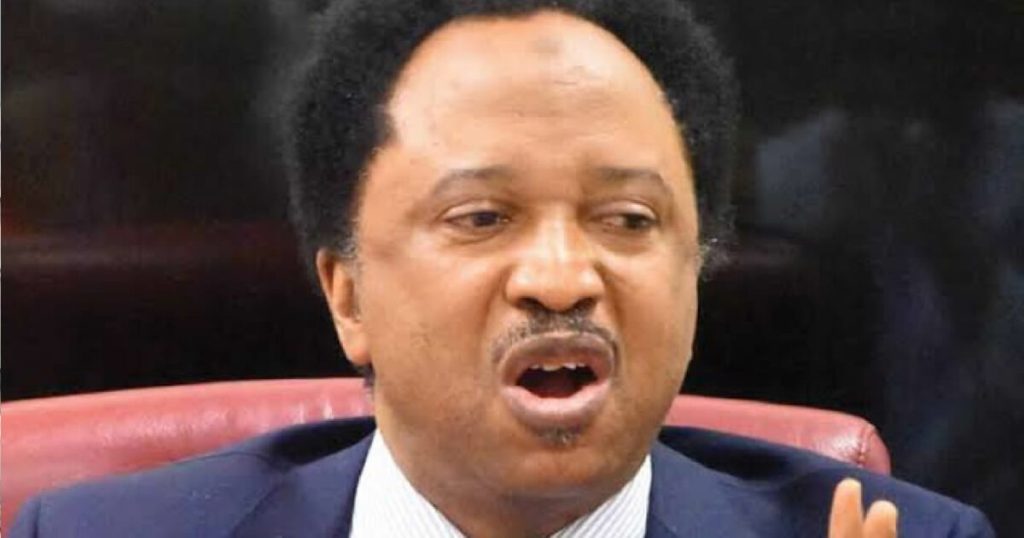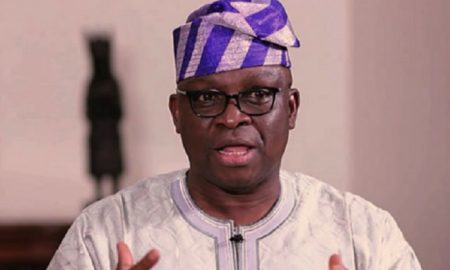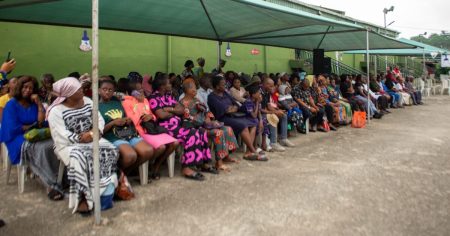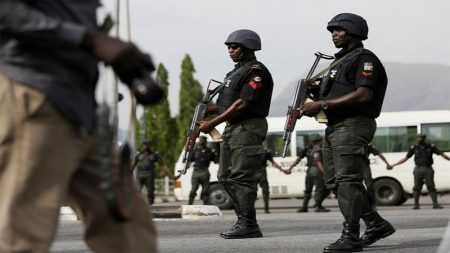The Legacy of Buhari and the Future of Nigerian Politics
The death of former Nigerian President Muhammadu Buhari marked a watershed moment in the nation’s political landscape. Unlike the passing of previous leaders, Buhari’s demise triggered a wave of polarized reactions, reflecting the deep divisions within Nigerian society. While some mourned him as a man of integrity and a champion of the common people, others condemned his administration for failing to meet the high expectations he had set. This stark contrast in public sentiment underscores a crucial lesson for Nigerian leaders: their actions in office will have enduring consequences, judged not only during their tenure but also long after they are gone. The intensity of the public discourse surrounding Buhari’s death highlights the growing influence of a new generation of Nigerians, particularly the Gen-Z, who are unafraid to express their views, holding leaders accountable for their performance. This shift in public engagement signifies a growing demand for transparency and responsiveness from the political class.
Buhari enjoyed a unique kind of political support, bordering on cult-like devotion, unseen in northern Nigeria since the days of Malam Aminu Kano. His followers invested immense faith and resources in him, even sacrificing their lives for his political cause. However, this fervent loyalty came with a heavy price. When Buhari’s administration failed to deliver on the transformative change many had hoped for, the disappointment and disillusionment among his supporters were palpable, fueling the anger that followed his death. This experience serves as a cautionary tale for future leaders: cultivating a devoted following can be a double-edged sword, as unmet expectations can lead to backlash and erosion of trust. It is unlikely that any future northern politician will be able to replicate Buhari’s level of grassroots support, as the experience with Buhari has left many wary of investing such deep faith in a single individual.
While Buhari was widely regarded as a man of personal integrity, his administration was plagued by allegations of corruption and mismanagement. Critics argue that his inability to effectively tackle these issues stemmed from surrounding himself with individuals who did not share his values or vision. This highlights the importance of leadership selection and the need for leaders to build teams that are aligned with their principles and goals. Even the most honest leader can be undermined by a corrupt and incompetent team, demonstrating that integrity alone is insufficient for effective governance. Buhari’s experience serves as a reminder that leadership requires not only personal virtue but also the ability to assemble a capable and ethical team to implement the leader’s vision.
Looking ahead to the 2027 presidential election, the political landscape remains uncertain. While Buhari’s devoted following may not be transferable to another individual, the factors that shaped his support base, such as regional identities and economic anxieties, will continue to influence voter behavior. President Bola Tinubu faces the challenge of consolidating his power base and addressing the economic hardships exacerbated by the removal of fuel subsidies. The opposition, while fragmented, will seek to capitalize on these challenges, potentially leveraging ethnic and regional sentiments to erode Tinubu’s support. However, the prevailing political calculus favors Tinubu, as many believe that a southern president should be allowed to complete two terms before power returns to the North.
The potential emergence of Peter Obi as a presidential candidate under the African Democratic Congress (ADC) adds further complexity to the 2027 election scenario. Obi’s popularity, particularly among younger voters and in the South, presents a formidable challenge to both Tinubu and Atiku Abubakar, the perennial presidential candidate of the Peoples Democratic Party (PDP). However, Obi’s ability to navigate the internal dynamics of the ADC and secure the party’s nomination remains a crucial factor. The complexities of primary elections, where delegate control plays a significant role, could hinder Obi’s chances, even if he enjoys broader popular support. The possibility of Atiku or Rotimi Amaechi contesting the ADC primary further complicates the equation for Obi.
The political dynamics leading up to the 2027 elections are characterized by a complex interplay of factors. Tinubu’s incumbency and control over the ruling party machinery give him a significant advantage. However, his popularity is vulnerable to economic headwinds and the opposition’s attempts to exploit ethnic and regional divisions. Obi’s potential candidacy presents a wildcard, capable of disrupting the traditional political alignments and potentially fragmenting the vote. Atiku, a seasoned politician with a strong base in the North, remains a significant force, though his previous electoral defeats raise questions about his ability to broaden his appeal. The 2027 elections promise to be a highly contested affair, with the outcome depending on a confluence of factors, including economic performance, regional politics, and the strategic choices of the key contenders. The legacy of Buhari, particularly the polarized reactions to his leadership, will continue to shape the political discourse, reminding future leaders of the importance of accountability and the need to deliver on their promises to the Nigerian people.













